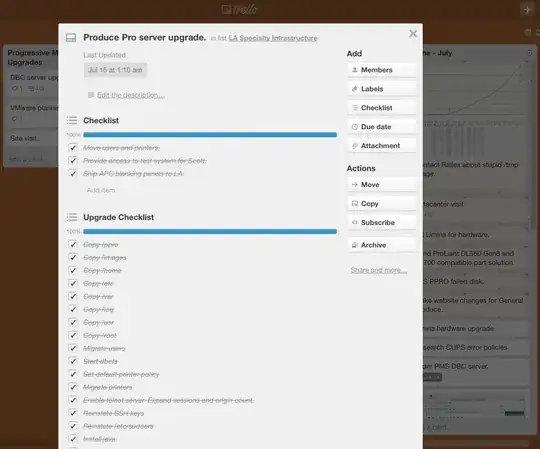There is always problem in a group of sysadmins to sync their actions and log them into a central place. Machine based logging is easy, you can point syslog messages to a central logging server and read it after. The problem is that some of the actions are not "sysloggable" like changes in a files, gui actions, etc.
A parallel system to a syslog is needed, something like simple blog, where all actions can be logged by sysadmins, who did what with time and description.
Thanks
Update: VCS and Puppet-like systems are already in use. The point is to correlate the actions and events into one blog-like system.
Update2: It is more about bird-eye view on the overall changes in the systems, related to in-gui changes, file changes, etc
Update3: (I hope this is the final edit) I understand that this can be done in many different ways. I'm trying to avoid "reinventing the wheel" situation here. Some very useful hints were already received about Trello and manual logging of actions using logger.

